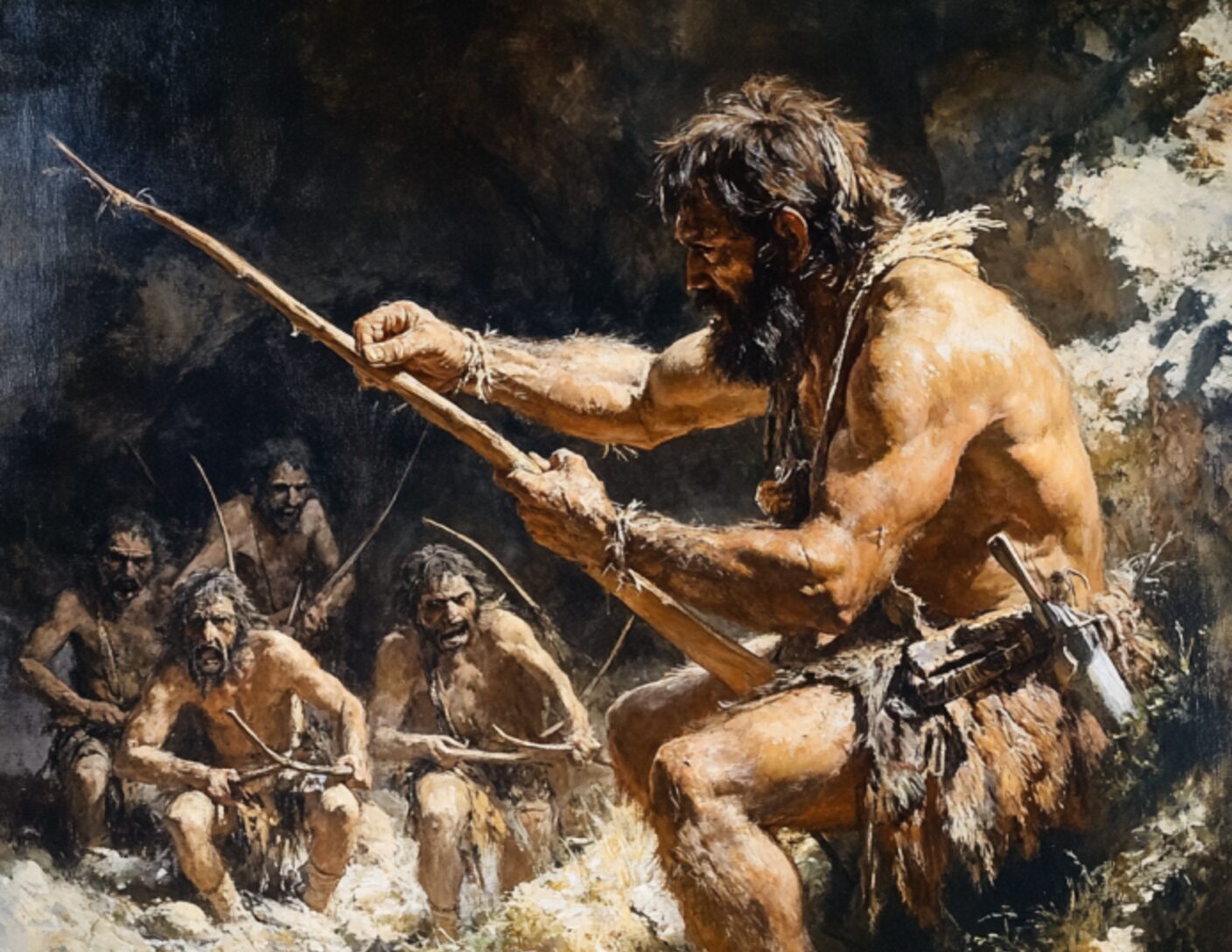Primal Primer 10 (Nutrition)
As our progenitor species transitioned from aboral and quadruped, diets shifted from bugs, fruits, and vegetation to primarily animal sources. Introducing a protein / animal based dietary landscape continues to provide many benefits affecting mind, body, and culture.
Why Consume Animal Based Protein?
Energy Dense – Animal sources of protein are rich in essential amino acids (not made by the body) are crucial for brain development. Consuming complete proteins supports growth of larger, and more complex brains.
Encephalization – Shifting towards higher protein diets supports increased brain size; a key factor driving cognitive abilities distinguishing Homo Sapien from competing human species.
Muscle & Bone Development – Proteins support strong muscles and bones; enabling early humans to engage in intensely demanding activity’s such as hunting, gathering, and warfare.
Endurance & Strength – The ability to maintain muscle mass and physical endurance is crucial for thriving and surviving in new lands and ecosystems; as traveling long distance requires significant strength and stamina.
Hunting & Cooperation – The pursuit of protein rich foods promoted the development of cooperative hunting strategies. Success of these risky activities further solidify close social bonds while fostering complex communication.
Cooking & Food Sharing – Cave Fire cooking food increases nutritional value of protein, while also playing role in social structures; food sharing is a central aspect of human communities.
Evolution – Adequate protein consumption is essential for growth, reproduction, and health of early humans. Populations with access and prowess in sourcing protein were more likely to create cultures celebrating hunting and propagating genes coding apex predator attributes
Adaptation To Environment – Migration out from Africa depended on skillful ability to successfully exploit various protein sources of new lands.
Proteins are the most abundant organic molecule in the body. Once aminos are assimilated and folded in shape, they act as enzymes, hormones, transport, structure, and storage. Protein also touts the highest thermic effect (calorie burning from digesting) of all macros; (20-30%) compared to carbs (5-10%) and fat (0-3%). Assuming a thermic effect of 30% for protein, 100 calories of protein nets 70 calories.
~Cave Implementation~
Fuel with high quality proteins such as muscle meats and organs (organic and grass fed if possible). Animal flesh contains the perfect composition of essential amino acids while being the most efficient in translation: >95% protein being net available. Although plant proteins are an acceptable source, they are not as efficient in bioavailability: translating ~60-70% net, and incomplete in amino acid composition (fiber renders aminos non-extractable). Aim for .8g – 2g per lb body weight everyday. Scale to age and activity.
Fuel With High Quality Proteins…Consumption Drives Human Evolution.














